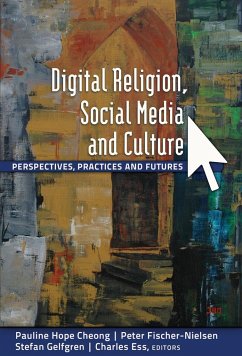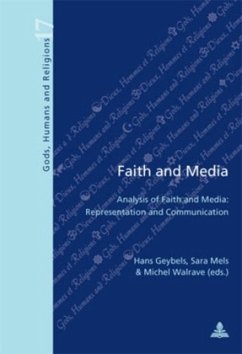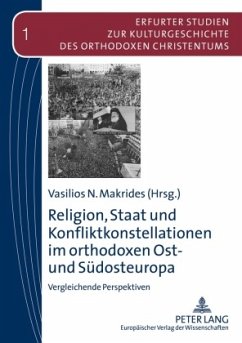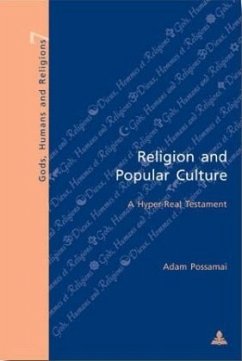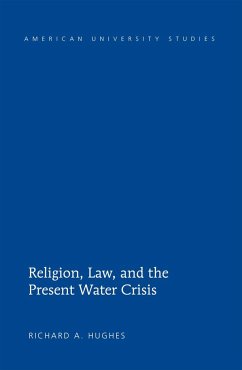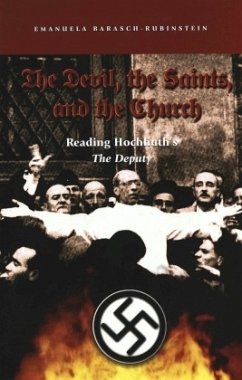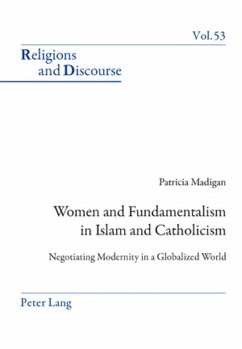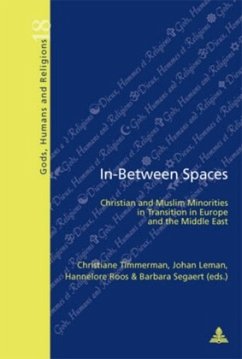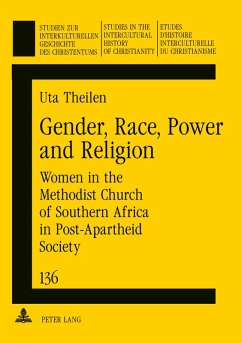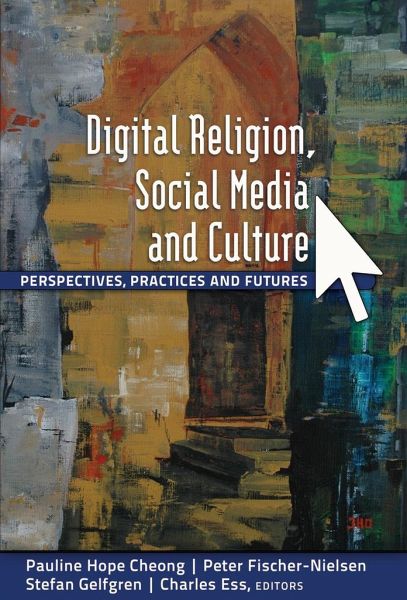
Digital Religion, Social Media and Culture
Perspectives, Practices and Futures
Herausgegeben: Fischer-Nielsen, Peter; Cheong, Pauline Hope; Gelfgren, Stefan; Ess, Charles
Versandkostenfrei!
Versandfertig in 6-10 Tagen
137,35 €
inkl. MwSt.

PAYBACK Punkte
0 °P sammeln!
This anthology - the first of its kind in eight years - collects some of the best and most current research and reflection on the complex interactions between religion and computer-mediated communication (CMC). The contributions cohere around the central question: how will core religious understandings of identity, community and authority shape and be (re)shaped by the communicative possibilities of Web 2.0? The authors gathered here address these questions in three distinct ways: through contemporary empirical research on how diverse traditions across the globe seek to take up the technologie...
This anthology - the first of its kind in eight years - collects some of the best and most current research and reflection on the complex interactions between religion and computer-mediated communication (CMC). The contributions cohere around the central question: how will core religious understandings of identity, community and authority shape and be (re)shaped by the communicative possibilities of Web 2.0? The authors gathered here address these questions in three distinct ways: through contemporary empirical research on how diverse traditions across the globe seek to take up the technologies and affordances of contemporary CMC; through investigations that place these contemporary developments in larger historical and theological contexts; and through careful reflection on the theoretical dimensions of research on religion and CMC. In their introductory and concluding essays, the editors uncover and articulate the larger intersections and patterns suggested by individual chapters, including trajectories for future research.





